Understanding Bipolar Disorder: Insights from StatPearls and NCBI Bookshelf
Table of Contents
- Causes, signs, and treatment of bipolar disorder - Apollo 24/7
- Miten kaksisuuntainen mielialahäiriö vaikuttaa henkilökohtaiseen ...
- Bipolar Disorder System Disorder Template
- Geng Farmasi Otai on Twitter: "Penyakit bipolar disorder ini bukan ...
- Understanding Bipolar Disorder | Mental Health Awareness
- Priory on Twitter: "Bipolar disorder is a complex mental health ...
- Bipolar mental disorder icons. Illustrations show signs and symptoms of ...
- What to know about bipolar disorder - Vistasol Medical Group
- Bipolar disorder: what is it? - MindStick YourViews – MindStick YourViews
- Arleen Cary

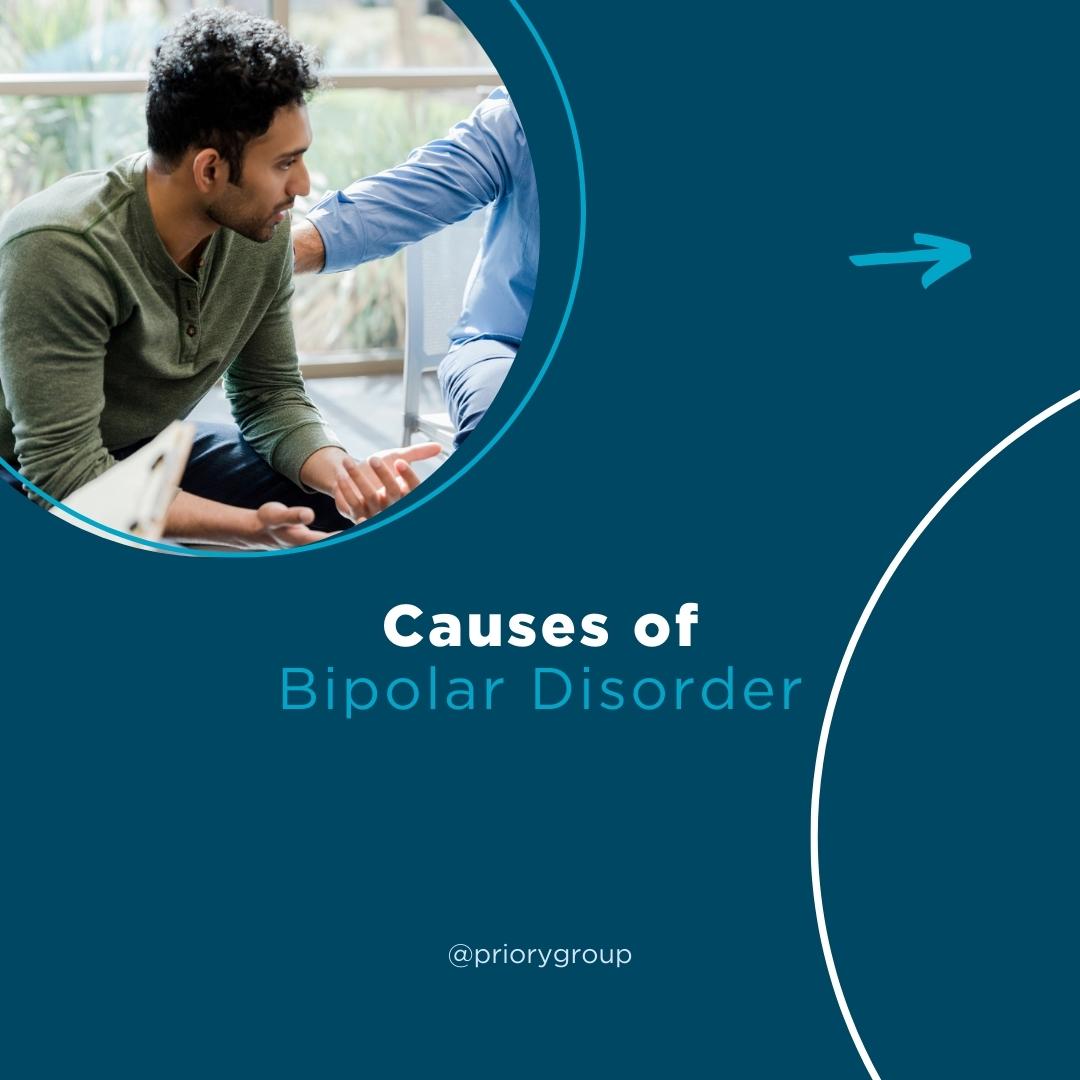

What is Bipolar Disorder?
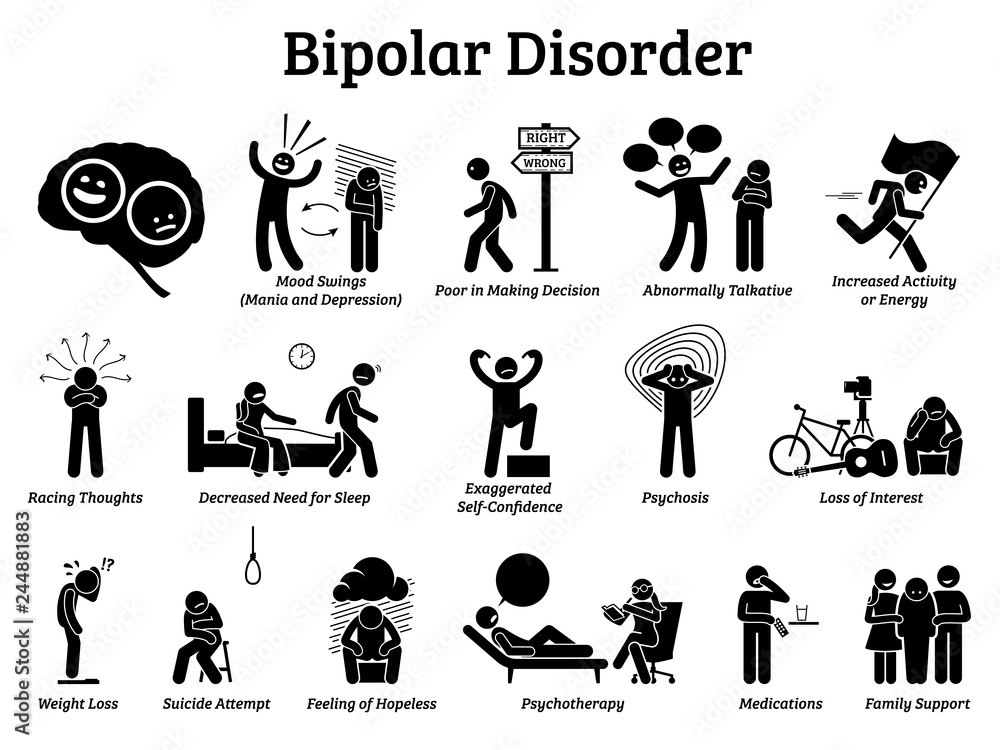
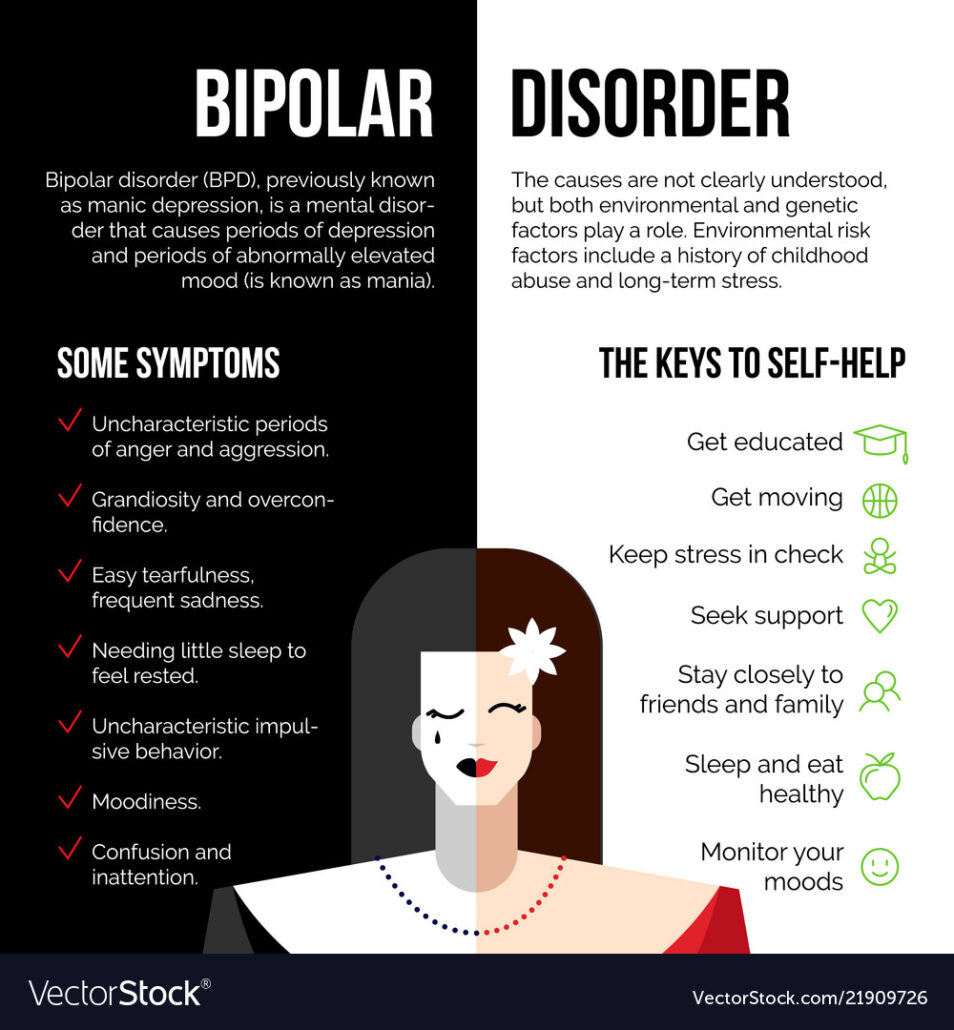

Symptoms of Bipolar Disorder
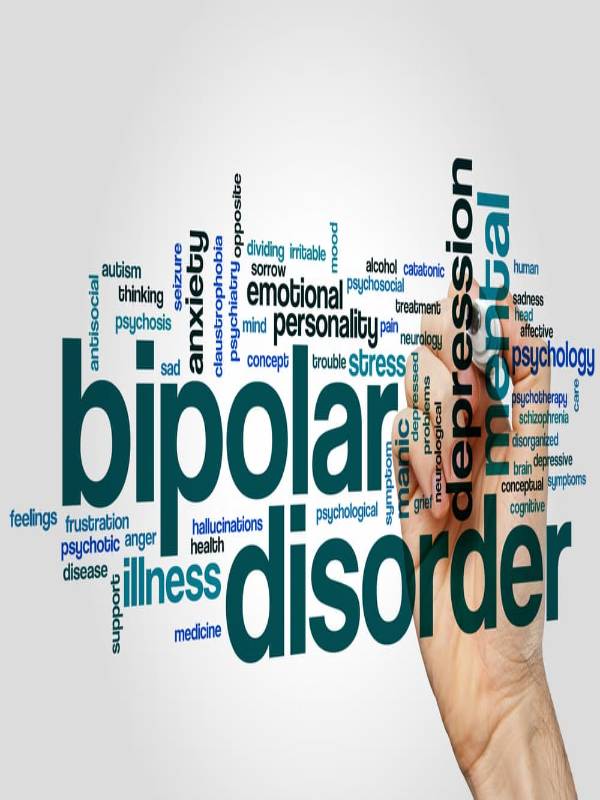
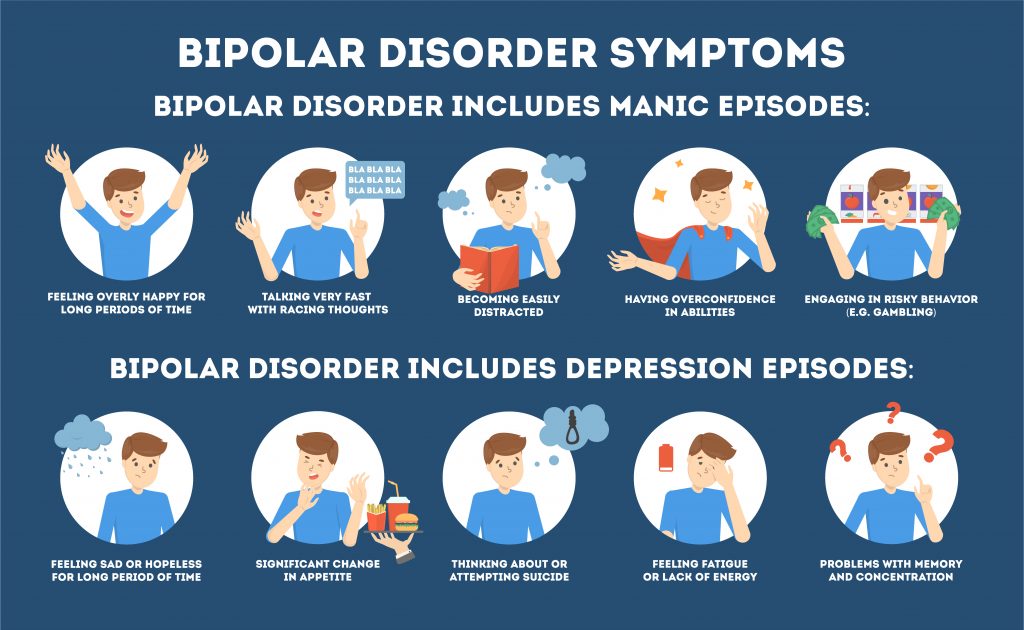

Causes and Risk Factors
The exact causes of bipolar disorder are not fully understood, but research suggests that it is a complex condition that involves a combination of genetic, environmental, and neurochemical factors. According to the StatPearls - NCBI Bookshelf, risk factors for bipolar disorder include: Family history of bipolar disorder Traumatic brain injury Substance abuse Certain medical conditions, such as thyroid disease or multiple sclerosis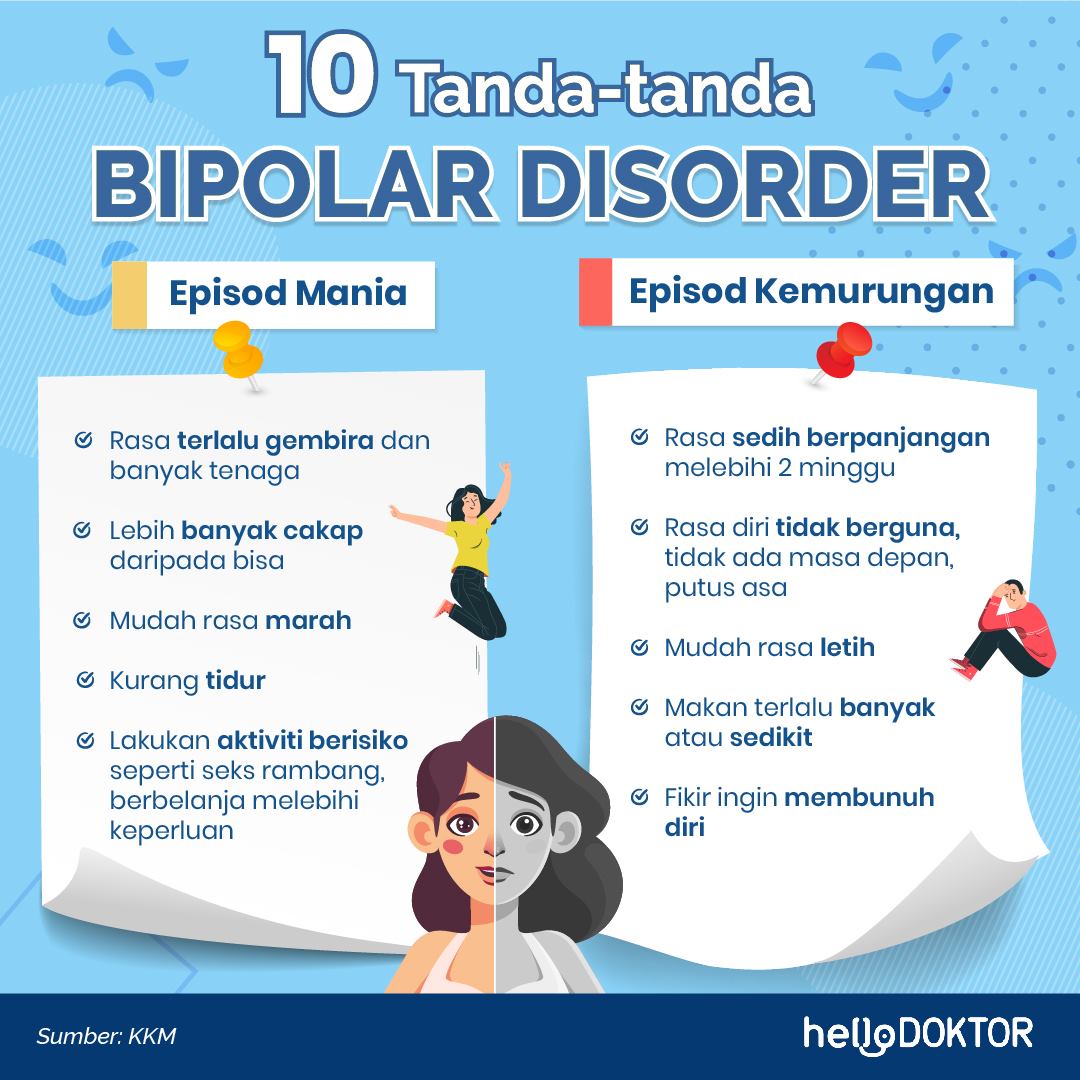
Treatment and Management
While there is no cure for bipolar disorder, it can be effectively managed with treatment. Treatment typically involves a combination of medications, psychotherapy, and lifestyle changes. Medications such as mood stabilizers, antipsychotics, and antidepressants can help to stabilize mood and reduce symptoms. Psychotherapy, such as cognitive-behavioral therapy (CBT), can help individuals develop coping skills and manage symptoms. In conclusion, bipolar disorder is a complex mental health condition that requires comprehensive treatment and management. The StatPearls - NCBI Bookshelf provides a wealth of information on bipolar disorder, including its diagnosis, treatment, and management. By understanding the symptoms, causes, and treatment options for bipolar disorder, individuals can better manage their condition and improve their overall quality of life.For more information on bipolar disorder, visit the StatPearls - NCBI Bookshelf or consult with a healthcare professional.
Note: This article is for informational purposes only and should not be considered as medical advice. If you or someone you know is experiencing symptoms of bipolar disorder, please seek professional help.